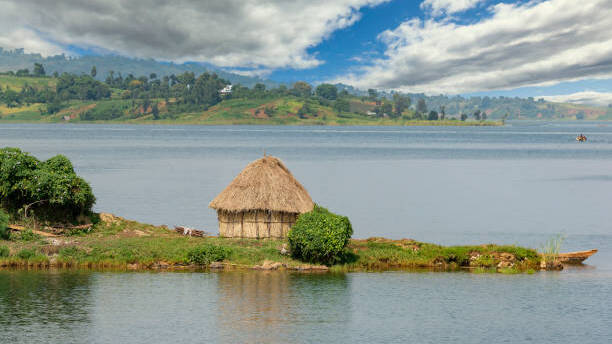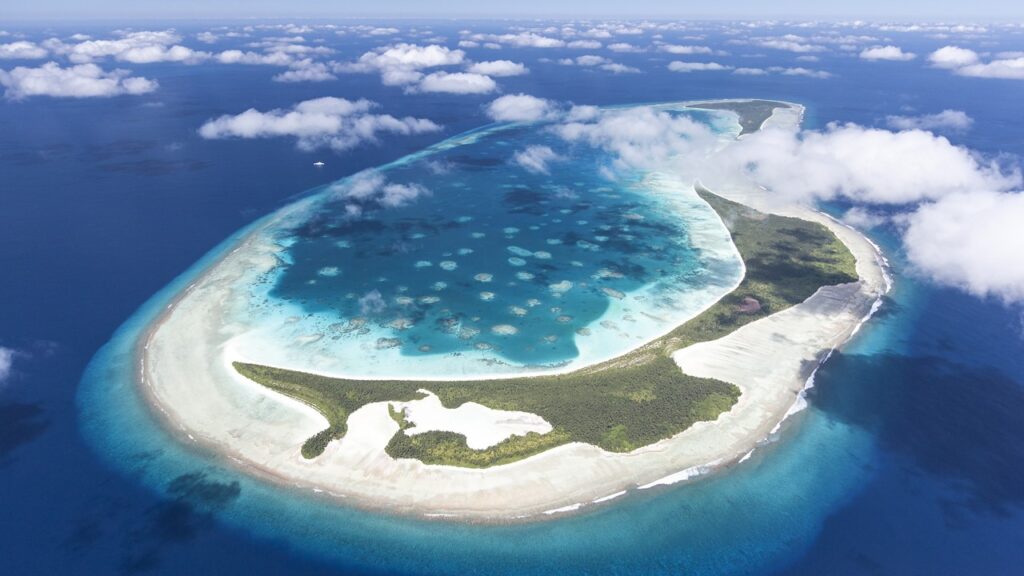
Shipwreck on Lake Kivu: Fate or Fiasco of Maritime Governance in the DRC?
The tragedy on Lake Kivu, this October 4, 2024, strikes again the Democratic Republic of Congo. On board a boat that was to connect Minova to Goma, more than 70 passengers lost their lives in what seems to be yet another tragedy on the waters of Lake Kivu, haunted by recurring shipwrecks. The provisional toll is heavy, but the authorities fear that it will increase as the search progresses. This type of tragedy is sadly common, revealing the catastrophic state of the management of the maritime sector in the country.
An avoidable tragedy, a macabre routine?
The testimonies speak of an overloaded boat, a flagrant negligence that highlights the glaring deficiencies in terms of regulations. On Congolese waters, it is often a morbid lottery: embarking on a journey means praying to arrive alive. The boats, often overloaded with goods and passengers, without life jackets and with little maintenance, become real floating coffins.
This shipwreck is part of a long list of similar disasters. In 2022 alone, several fatal accidents had already hit the headlines, including another tragedy in June, also on Lake Kivu. The scenario remains the same: overloading, dilapidated boats, lack of adequate controls. Each tragedy is followed by the same speeches, the same broken promises. A story of déjà vu that continues to claim innocent lives.
Why is Lake Kivu so deadly?
Lake Kivu, the natural border between the DRC and Rwanda, is a key transport route, connecting cities like Goma and Bukavu. In the absence of reliable roads and alternative means of transport, residents have no choice but to take these boats for their daily commutes or to transport goods. But behind this apparent convenience lies a dark reality: the lack of rigorous control over these boats. The majority of the boats that circulate on the lake are real wrecks, rusty, poorly maintained, and rarely inspected by the competent authorities.
Solutions? Easier said than done
With each shipwreck, the authorities promise reforms. There is talk of strengthening surveillance of boats, imposing stricter security measures, raising awareness among the population about maritime safety. However, nothing really changes. Port infrastructure is rudimentary, and the coast guards, if they exist, are often under-equipped and poorly trained. Endemic corruption does not help. It is not uncommon for captains to bribe officials to be able to take on passengers beyond the authorized limit.
Experts believe that a real reform of the maritime sector is necessary. The DRC has enormous water resources, but they are largely underexploited and poorly regulated. The sector could be modernized with adequate funding, but in a country where every franc seems to evaporate in the twists and turns of corruption, this hope seems distant.
The memory of the castaways forgotten
The most tragic aspect is that behind the cold numbers of victims are hidden life stories, families torn apart. Each passenger on the boat had a story, dreams, hopes. But in the tumult of current events, these shipwrecked people are often forgotten. Few steles, monuments or tributes are paid to these men, women and children who perished in general indifference. The infernal cycle of shipwrecks will begin again, and with it, the waves of sadness and mourning.
Time for concrete actions
It is time for the authorities to take the maritime issue seriously. Lake Kivu is a natural jewel, but it is also a liquid cemetery. As long as regulations remain lax and insecurity reigns over these boats, these tragedies will continue to occur.
One solution is to take a stricter approach: impose sanctions on captains and owners of negligent boats, rehabilitate infrastructure, train rescue teams and, above all, launch a massive awareness campaign. But this requires political will that many believe is lacking.
Ultimately, Lake Kivu will continue to flow tears and blood as long as the DRC does not decide to tackle this problem head on. It is high time that the lives of citizens are finally protected, on land and on water.



Leave a comment
This site is protected by hCaptcha and the hCaptcha Privacy Policy and Terms of Service apply.